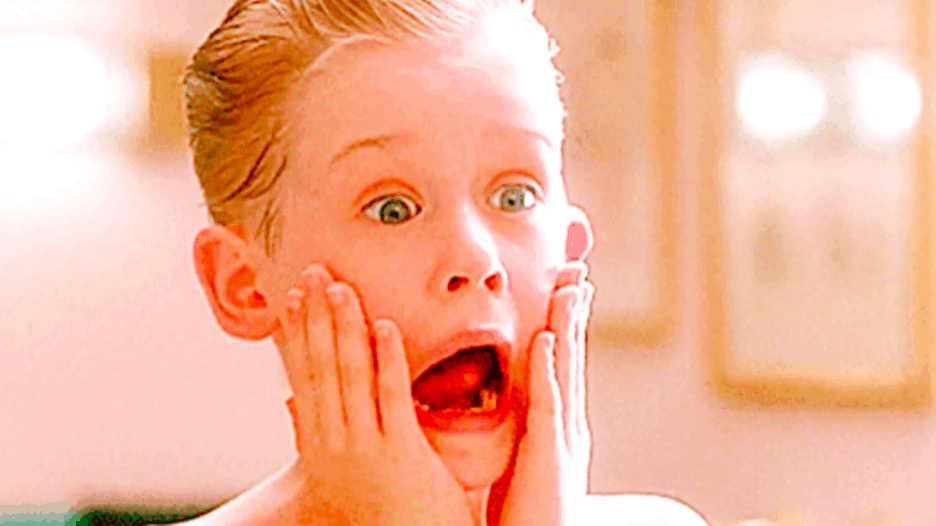
Knowing What to Do
How do people know what to do when their structure of doing is removed? If they had choice and input to create the structure they lived within, and it served them well — fostering security and growth — they would likely try to recreate those successful habits within their individual environment. If the structure was forced upon them and clashed with their personal interests and desires — neglecting any nurturing of self — they would likely take a rest from doing anything until they are told or shift into ‘go crazy’ mode where they act upon all their suppressed impulses and desires. Either way, behaviors shown after the lifting of mandates reveal which way the adhesion sticks when constructing the status quo.
For the sake of amusement, let’s use the example of Kevin McAllister from Home Alone. The people and systems around him suppressed his way of being. They disliked him, and he disliked them. Then he gets his wish and gets to live according to his desires. Did chaos ensue or was he found extraordinarily capable of becoming the ‘man of the house’?
First off, let’s look at the environment — a wealthy Chicago suburb. Suburbs by nature are cushy bubbles of living, siphoned off from interactions with many types of people from many socio-economic backgrounds. It is a convergence of sameness. Everyone is white. I wonder what this story might have been like on the South side or inner city, you know, the rough part of town. Would they consider their home worth protecting?
Would they have simply run elsewhere and stayed with a friend or relative? Would they have tried and been let in? Or would they have crafted an even more spectacular means of defense and protection? Are they always alone or are they already taking care of themselves and younger siblings? Is there a gun in the house and would they have the nerve to use it?
I could go on and on about the privileged perspective of things (another interesting cultural time capsule is ‘Adventures in Babysitting’), and how it contradicts a greater reality (or, confirms the experience of some), but for the sake of this piece we’ll stick with the exploits of Kevin.
After the initial jubilation and doing all the the things he was forbidden to do, he starts to settle into his new role, appointed to him by accident (but also the fulfillment of a wish). He buys groceries and does laundry, remembering the fabric softener. He feeds and cleans himself. He is mimicking learned/ observed habits. He knows what to do, he just never got the chance to do it.
Without being given the opportunity to take care of yourself, how will one ever learn what to do?
And without this foundational layer, how would one know to recognize threat, and to protect themselves from harm?
Having checked all the boxes of functional living, one can get bold and creative when it comes to problem solving. You realize you have something worth protecting, and more often than ‘stuff’ it’s a way of being. There is security in being ‘unmoved’ (if you have established a feeling of safety). You feel comfortable and in control here.
All of this is wrapped in the context of being summoned to digitally check in at school next week and figure out how to provide kids with learning opportunities for the next month before classes have the possibility of traditionally resuming. My gut is that we will be directed to offer up ‘things to do’, but my instinct is that the are already doing what they most need. Home might be a horrible place. Instead of piling on suggestions (that they are already inundated with in their feeds), could we simply ask, “Hey. How are you? How are you holding up in all of this?”
If Kevin’s story were set today, he would have already searched YouTube for self-protection schemes. He would have instant access and communication to his parents. He would have a myriad of options in how to spend his day, from dozens if not hundreds of external sources. But who is checking in on him while the world scurries to find meaning in their days without work? Does he have the skill set to check in on himself?
I would ask how his anxiety is doing. How his body is reacting to this new normal, and what seems to be helpful (or not). I would speak to him if he was already capable of finding his own solutions, and then offer up options if the conversation proved he was not. I would not start by giving him a workout. I would not impose my perspective of what he needs on him. I would listen, make sure he felt heard and understood, and then jointly devise a plan from there.



